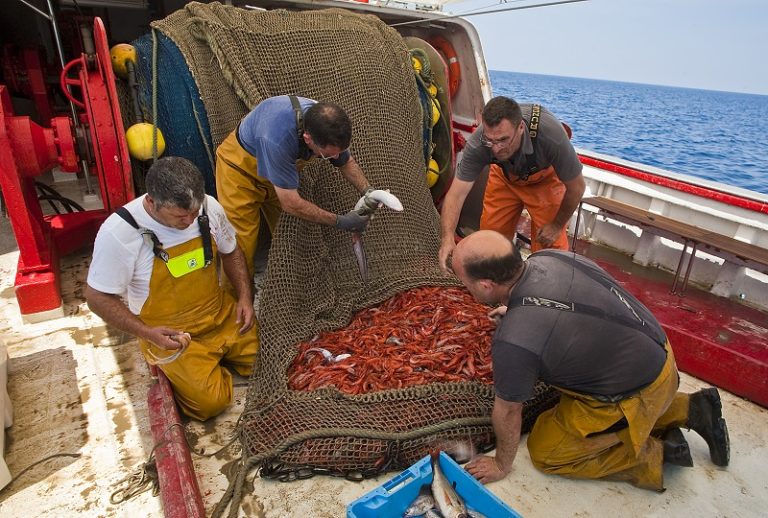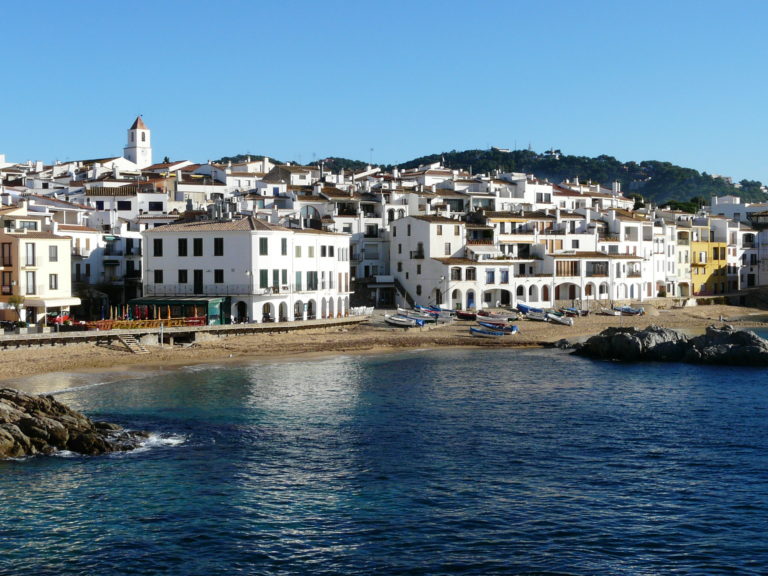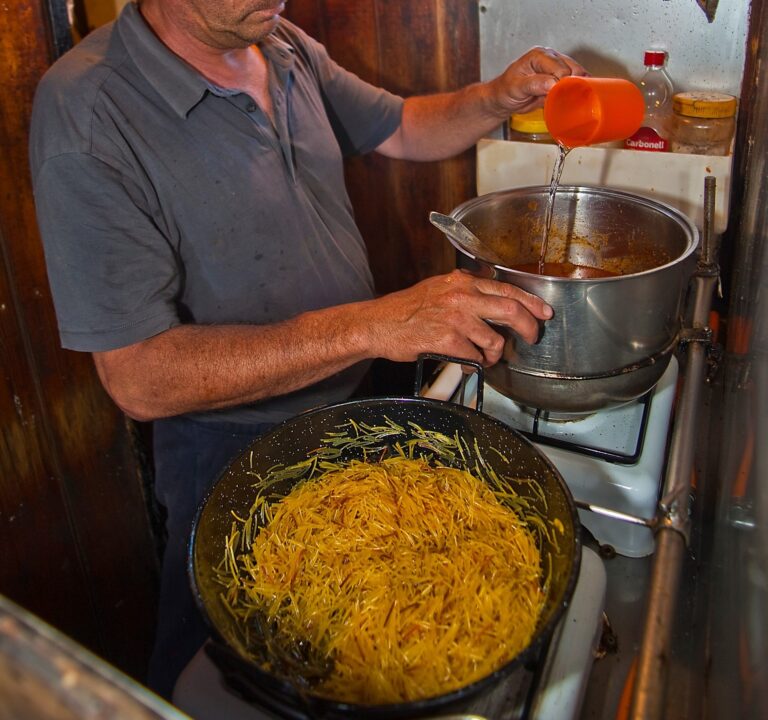Maritime Charm
The sea is one of the main sources of the Baix Empordà’s richness. For centuries, it has not only been vital for the region’s economy, but along with the people who live on the coast and their way of life, fishing has played a decisive role in shaping the Baix Empordà’s identity.
Their close relationship with the sea and the maritime climate is the basis of a distinctive seafaring culture with its own sayings, beliefs and rituals. One of the best known examples of this is the cançó de taverna or tavern song, a musical genre that reflects the life and worldview of the people of the Costa Brava.
“Mother, I want to be a fisherman
A fisherman, not a monk
for I am the son of a fisherman
and despite your pain
there is salt in my veins.
Mother, I want to go to sea.
Mother, I want to go to sea
and be rocked by the waves
Mare, vull ser pescador (Mother, I Want To Be a Fisherman), by the group Port Bo from Calella de Palafrugell.
-

Photo: Manel RVEdipress
Fishermen and the different types of boats they use have been a notable part of the seascape for centuries. Fishing methods and equipment – nets, traps, hooks – differ in each fishing region and are adapted to the coast and the catches available. Whether coastal or deep sea, fishing is the main link between the people of the Baix Empordà and the Mediterranean.
-

Photo: Arxiu Imatges PTCBG
As the threat from pirates reduced, fishing villages started to appear by the sea. These neighbourhoods, built on the most accessible parts of the coast and steeped in salty sea air, consisted of humble houses clustered around narrow streets. In the biggest towns, the importance of fishing was reflected in the fish markets, which became very important and, in the case of Palamós, still operate. In the most isolated coves, barraques were built, small functional structures for storing boats and fishing equipment.
-

Photo: Manel RVEdipress
One of the most important legacies of the fishing tradition is our gastronomy. Seafaring cuisine, born from the need to eat during long days working at sea and on land, combines simple recipes with fresh ingredients. The recipes and techniques have been passed down through the generations and so this seafaring cuisine is still preserved today and has been enriched with innovative gastronomic contributions.


 Escoltar
Escoltar


